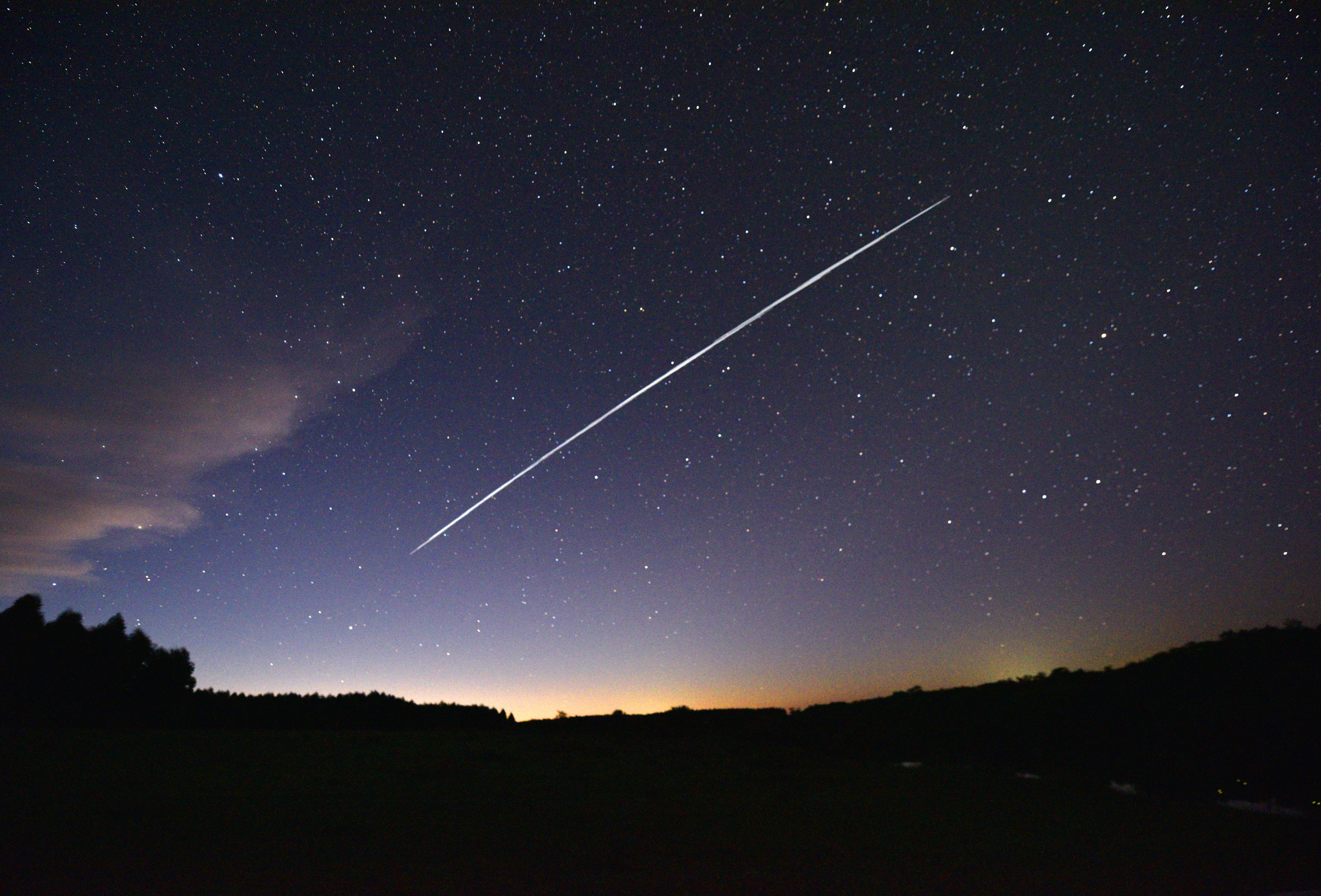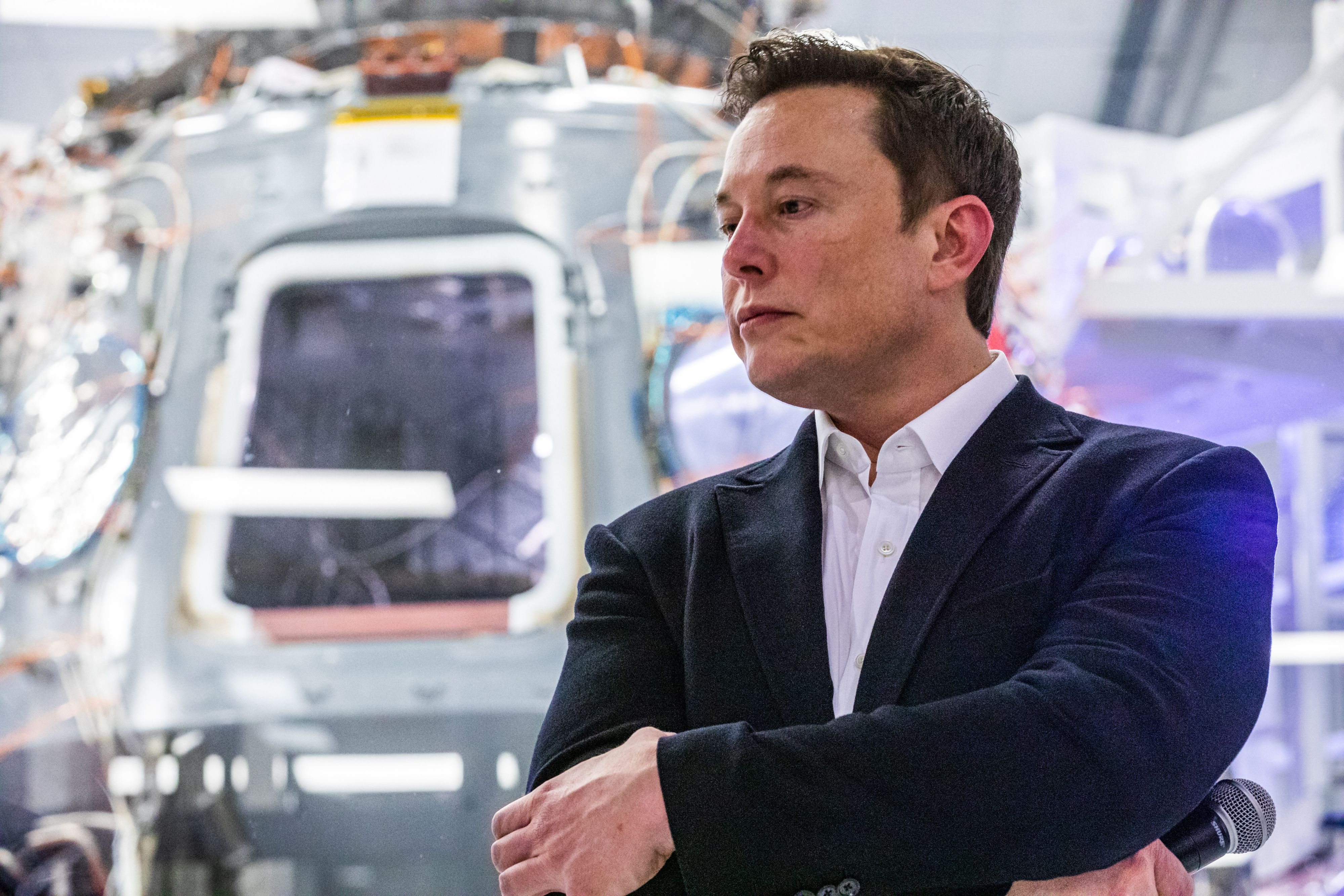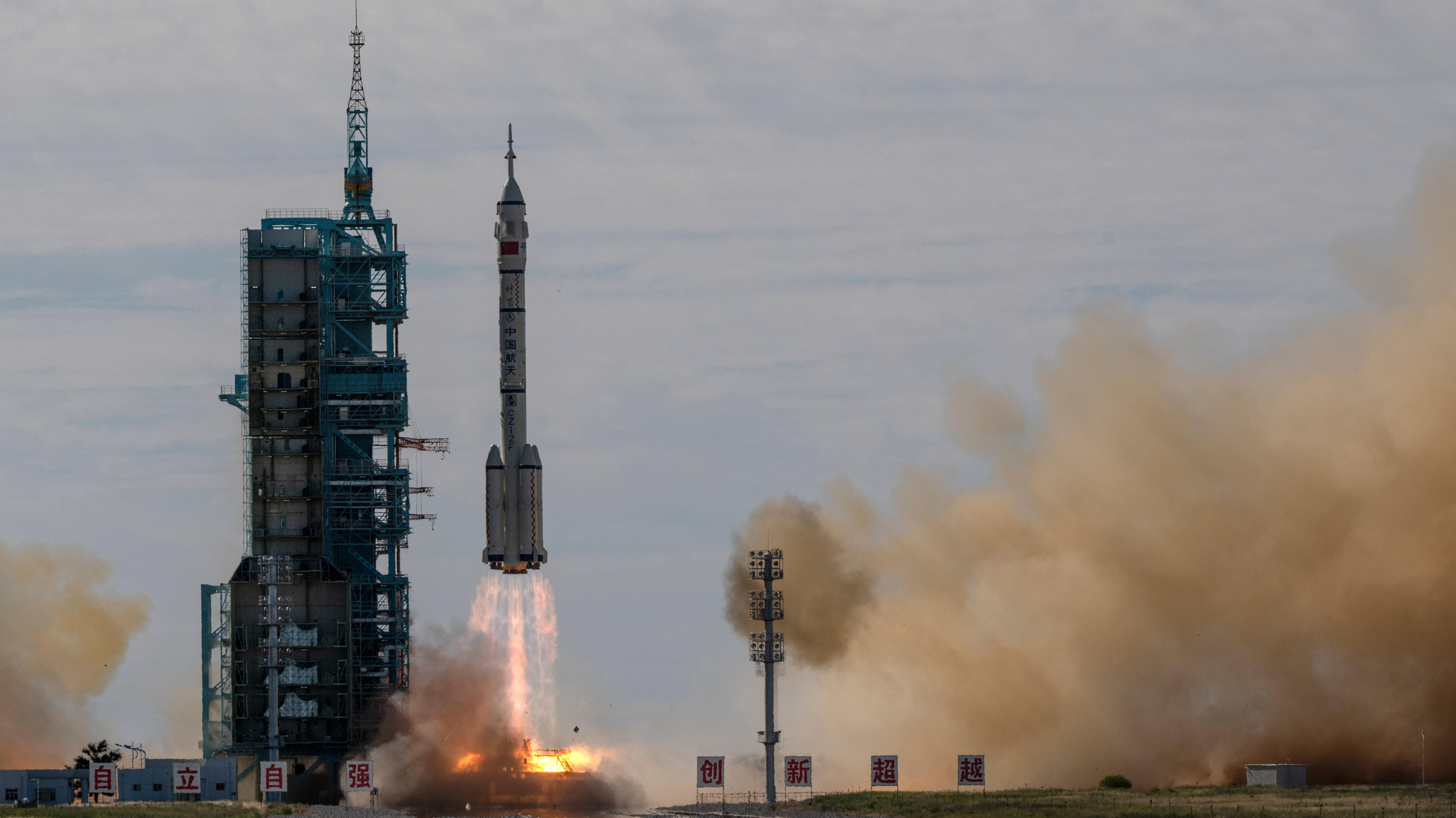China Files UN Complaint After Space Station Dodges SpaceX Satellites
China would like the UN to politely remind everyone, including Elon Musk, about the Outer Space Treaty
Outer space is, in a word, big. Our known universe stretches so far in every direction that we can only estimate how big it might be, and likely never know for sure. The area immediately surrounding Earth, however, is much more compact — and, thanks to Elon Musk's Starlink, getting a bit too crowded. At least that's what China claims in a letter to the UN, following multiple near-misses with the SpaceX satellites.
On December 6, Chinese representatives to the UN penned a complaint to the organization's Secretary-General regarding the Treaty on Principles Governing the Activities of States in the Exploration and Use of Outer Space, including the Moon and Other Celestial Bodies. That treaty is thankfully also known by a shorter name: The Outer Space Treaty. In the complaint, China alleges that Starlink satellites are getting too plentiful and unpredictable in orbit, and wants to ensure the U.S. knows it's liable for any damage they cause. From the complaint:
China hereby informs the Secretary-General of the following phenomena which constituted dangers to the life or health of astronauts aboard the China Space Station.
...
Starlink satellites launched by Space Exploration Technologies Corporation (SpaceX) of the United States of America have had two close encounters with the China Space Station. For safety reasons, the China Space Station implemented preventive collision avoidance control on 1 July and 21 October 2021, respectively.
...
In view of the foregoing, China wishes to request the Secretary-General of the United Nations to circulate the above-mentioned information to all States parties to the Outer Space Treaty and bring to their attention that, in accordance with article VI of the Treaty, "States Parties to the Treaty shall bear international responsibility for national activities in outer space, including the moon and other celestial bodies, whether such activities are carried on by governmental agencies or by non-governmental entities, and for assuring that national activities are carried out in conformity with the provisions set forth in the present Treaty."

The delegation described two instances where China's Tianhe space station module had to change its orbit to dodge Starlink satellites that were moving in unpredictable ways. During the first, a Starlink satellite altered its orbit by 173 kilometers (107.5 mi), forcing Tianhe to change its own orbit to avoid an impact.
The second dodged impact is even weirder. The Chinese delegation claims that a Starlink satellite was constantly moving, and doing so in an unpredictable manner. The Tianhe module had to give the satellite a wide berth, simply because no one knew where it would go next.

Starlink's website advertises that its satellites can "autonomously maneuver to avoid collisions with orbital debris and other spacecraft." Given Elon Musk's history with autonomy, one can't help but wonder if that autonomy was a factor in both satellites movement — and both near impacts.
While the circumstances of both dodges are up for some debate, the U.S.'s liability for any future damage isn't. The Outer Space Treaty states both that "States shall be responsible for national space activities whether carried out by governmental or non-governmental entities," and that "States shall be liable for damage caused by their space objects." At least that's clearer than the laws around liability for Autopilot crashes.
